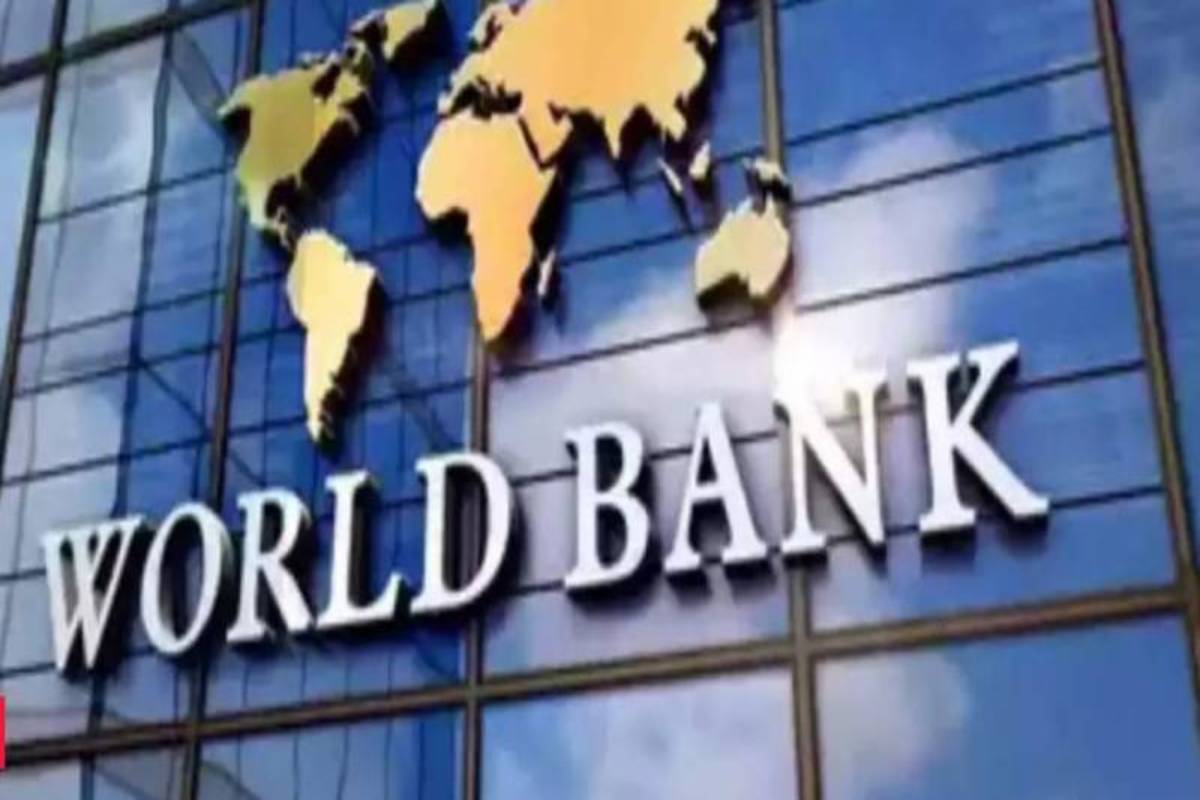Nepal Policy
India’s relationship with Nepal has always been complex, shaped by historical, cultural, and geographical factors.
The bank is expecting Nepal’s private sector to contribute more to its growth by taking advantage of the central bank’s loosening of monetary policies and easing of regulatory requirements
IANS | New Delhi | October 3, 2024 1:31 pm

[Representational Photo]
The World Bank on Wednesday projected a growth of 5.1 per cent for Nepal in the current 2024-25 fiscal year starting in mid-July, below the Nepali government’s 6 per cent target.
Growing tourist arrivals, more hydropower generation and expected growth in paddy production shall contribute more to Nepal’s gross domestic product, the bank said in its Nepal Development Update report.
Advertisement
The South Asian country achieved a growth of 3.9 per cent in 2023-24, noted the international financial institution.
Advertisement
The bank is expecting Nepal’s private sector to contribute more to its growth by taking advantage of the central bank’s loosening of monetary policies and easing of regulatory requirements, Xinhua news agency reported.
It has projected Nepal’s economy to grow by 5.5 per cent in the next fiscal year.
In its report released last week, the Asian Development Bank forecast a 4.9-percent growth for Nepal in 2024-25.
“Maintaining growth momentum is key to Nepal’s development,” said David Sislen, the World Bank’s Country Director for the Maldives, Nepal and Sri Lanka.
“This requires continued reform in critical areas such as infrastructure, governance, human capital development and developing an environment which encourages and supports the private sector,” Sislen was quoted as saying in a statement.
Advertisement
India’s relationship with Nepal has always been complex, shaped by historical, cultural, and geographical factors.
Among modern economists, the person who completely revolutionized economic thinking and practice during the Great Depression of 1930s had been John Maynard Keynes whose unconventional ideas contained in his book, The General Theory of Employment, Interest and Money, brought new hopes of salvaging war-ravaged European economies.
The World Bank in a report on Friday said India’s economy needs to expand at an average growth rate of 7.8 per cent over the coming decades to become a high-income country.
Advertisement
